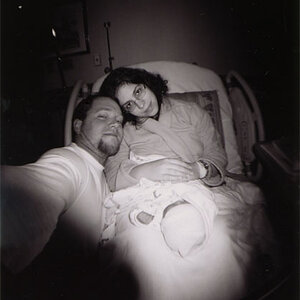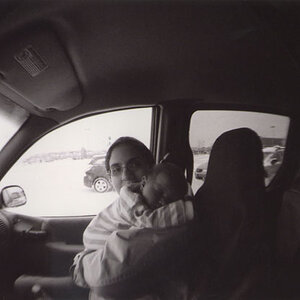MarcusM
TPF Noob!
- Joined
- Sep 12, 2007
- Messages
- 1,236
- Reaction score
- 0
- Location
- St. Paul, MN, USA
- Can others edit my Photos
- Photos OK to edit
It is selective persicution, and the LEO does not have that kind of authority.
lol, this struck me as kind of funny. A judge who doesn't know how to spell "persecution"? I understand about typos, but the "I" is nowhere near the "E" on the keyboard.


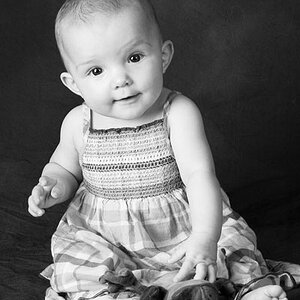
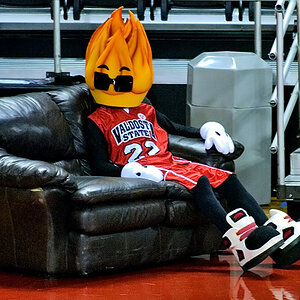

![[No title]](/data/xfmg/thumbnail/39/39186-88f5235eacfd57deab14674ccf8e7f0a.jpg?1619738905)
![[No title]](/data/xfmg/thumbnail/35/35967-ee5e7220e6f5cbd7d70fb99fe8ce5038.jpg?1619737285)
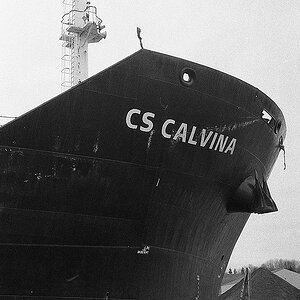
![[No title]](/data/xfmg/thumbnail/39/39185-29433e4f46e4b0bd394d10962886594c.jpg?1619738904)



